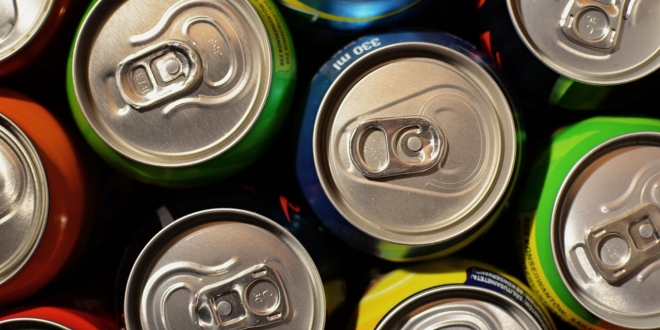One of the largest teaching unions in the UK is leading calls for schools to ban energy drinks.
NASUWT – The National Association of Schoolmasters Union of Women Teachers – has warned that energy drinks with high caffeine levels are not conducive to a good classroom experience, and described them as “readily available legal highs” which can cause poor and disruptive behaviour.
The comments follow a recent academic report that calls on the government to ban the sale of energy drinks to under-16s. However, the British Soft Drinks Association have said that the drinks have been deemed safe.
The research by FUSE – the Centre for Transitional Research in Public Health in the North East – discovered that children as young as 10 frequently buy energy drinks as they are “cheaper than water or pop” – sometimes costing as little as 25p. They also found that children choose to buy energy drinks to “look tough” and to “fit in” with their peers.
The report also claims that the drinks are routinely advertised to young people via TV ads, sports sponsorship, pop-up adverts online and even ads in computer games.
A typical energy drink contains 32mg of caffeine per 100ml, and many display warnings that they are not suitable for children. One 500ml can of energy drink has as much caffeine as two shots of espresso coffee, which, the research highlights, is above the European Food Safety Authority’s guidelines of no more than 105mg of caffeine per day for 11 year olds.
Figures released by the British Soft Drinks Association show that sales of energy drinks rose by 185% between 2006 and 2015, which equates to 672 million litres consumed in 2015 and a market value of over £2bn. Young people in the UK are among the highest consumers of energy drinks in Europe, which is a concern for NASUWT.
Darren Northcott, NASUWT national official for education, said:
Teachers have registered concerns with the NASUWT about the contribution of high energy drinks to poor pupil behaviour as a result of pupils consuming excessive quantities of these drinks.
They are popular among young people who often think they are just another soft drink, and young people and parents are often not aware of the very high levels of stimulants that these drinks contain.
They are readily available legal highs sold in vending machines, supermarkets and corner shops.
The NASUWT has always been clear that drinks with high levels of sugar should not be sold on school premises. It is time to look again at the School Food Standards, and the enforcement of the standards, to make sure that every school in the country is free of highly-caffeinated soft drinks, as well as those that are high in sugar.






Facebook Comments